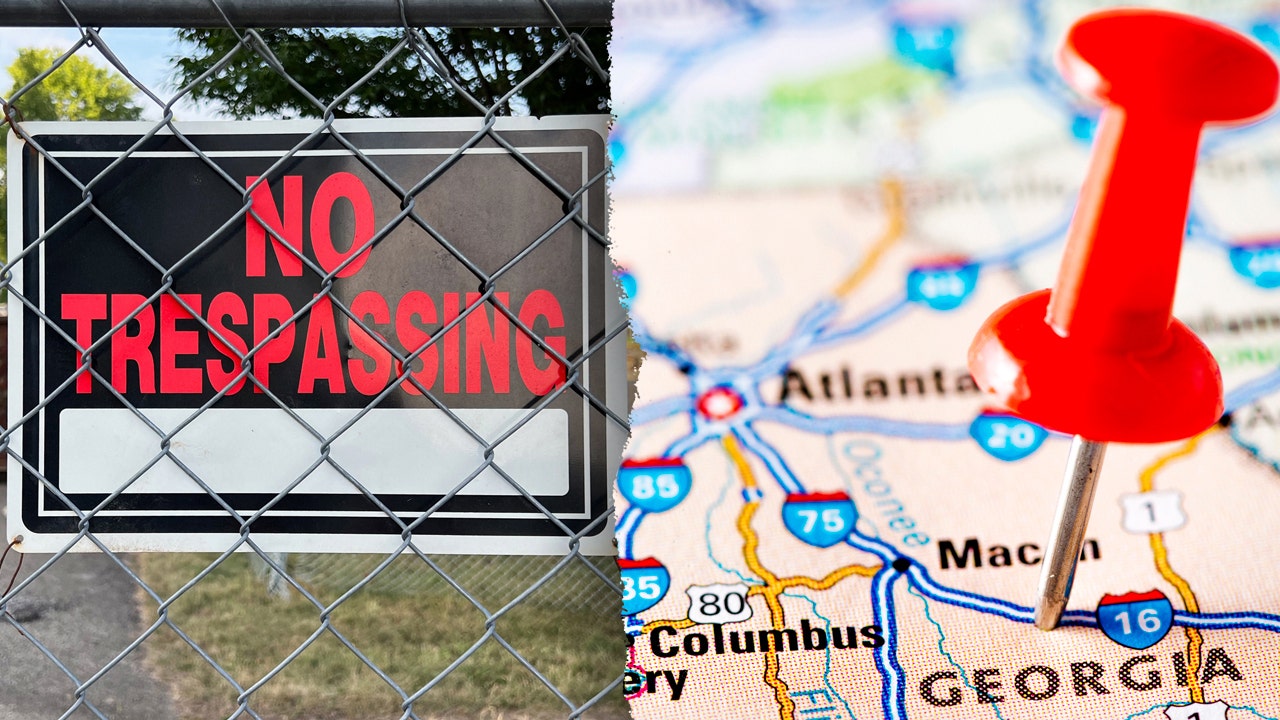Georgia’s recent strengthening of laws against squatting reflects a growing concern nationwide about unauthorized occupancy of private property. The Georgia Squatter Reform Act, signed into law in April 2024, aims to significantly deter squatting and expedite the eviction process for homeowners. This new legislation represents a proactive approach to combatting a rising problem and offers a case study for other states facing similar challenges. This stricter approach reflects a shift in legal strategies to address this issue, emphasizing the rights of property owners and reducing the legal loopholes exploited by squatters.
The Georgia Squatter Reform Act: A Landmark Change
The Georgia Squatter Reform Act marks a pivotal moment in the state’s fight against squatting. Previously, navigating the legal complexities of eviction could be lengthy and frustrating for property owners, leaving them vulnerable to prolonged unauthorized occupancy. This new law addresses this by implementing several key changes, which significantly impacts the speed and effectiveness of eviction processes.
Key Provisions of the Act
The act criminalizes squatting, increasing penalties for those who illegally occupy properties. This strong deterrent is designed to discourage such actions before they begin. It also streamlines the eviction process, shifting cases to magistrate court for faster resolution through non-jury trials. This procedural change reduces court backlogs and speeds up the timeline for eviction orders. The bill also allows property owners to recover damages caused by squatters. This additional legal avenue for recourse incentivizes potential squatters to think twice before attempting to take over a property, giving stronger protection to property owners. The act also includes provisions requiring squatters to provide lease agreements within a three-day window and empowering the court with a seven-day timeframe to verify the legitimacy of presented documents. This expedited process ensures cases are addressed promptly and keeps the burden on those making questionable claims, while adding time constraints to curb potential abuse.
Impact and Effectiveness of the Act
The Act’s impact is evident in the shift from a lengthy, often frustrating eviction process to a streamlined and comparatively quick resolution. The inclusion of punitive measures increases the risk and potential costs involved in attempting to squat, therefore creating stronger preventative action, before it turns into a serious situation. Although long-term impacts require further evaluation, this initiative demonstrates a proactive state response to an increasing issue, potentially establishing a framework for more effective policies elsewhere in the country. Further research may determine whether other states may consider using similar measures or adopting other innovative approaches.
Comparison with Other States’ Laws
Georgia is not alone in its effort to curb squatting. Florida enacted a similar law shortly before Georgia, demonstrating a growing trend among states to tighten legislation in this area. These similar state level responses across multiple jurisdictions highlight the nation-wide need for stronger measures against squatting, allowing for potential learning and collaboration on these important laws.
The Florida Precedent
Florida’s similar legislation served as a blueprint, demonstrating the effectiveness of stronger penalties and faster eviction processes. The parallel adoption of this model by Georgia showcases the potential of this strategy. This common approach showcases a consensus among certain regions concerning what might be best practices when developing laws designed to fight illegal property occupancy. States can learn from one another, and through legislation developments, they can collaborate to implement more effective ways to reduce squatting and enhance property protection for individuals.
Varied Approaches Across the Nation
While Georgia and Florida adopted similar aggressive approaches, other states might employ different methods, showcasing a diverse range of legal strategies that differ based on regional concerns and unique legal situations. Some states maintain a stricter adherence to common law doctrines that afford more time for resolving similar situations, potentially to address the potential consequences that more rigid laws may carry. A consistent aspect across many jurisdictions is the continued growth and refinement of property laws in order to address illegal occupancy and other relevant issues. The lack of uniformity between states, though, presents a challenge for property owners when their property borders states with diverse legal precedents or practices.
Adverse Possession and its Relation to Squatting
While the Georgia Squatter Reform Act primarily targets intentional illegal occupancy, it’s important to understand the distinction between squatting and adverse possession. Although sometimes used interchangeably, they are separate legal concepts. Adverse possession involves the potential acquisition of property through long-term, continuous, and open occupancy, which involves distinct requirements concerning timeline and evidence standards, which is generally much longer than in squatting cases.
The Legal Distinction
Adverse possession typically requires significantly longer periods of continuous and unambiguous possession compared to typical squatting scenarios. In Georgia, the period is generally 20 years unless “color of title” exists, then it’s 7 years. This distinction clarifies that adverse possession and squatting are not simply different labels for the same action; they are distinctly different legal avenues that exist. The burden of proof rests upon those pursuing an adverse possession claim to make a persuasive case to prove a title claim; such legal claim cannot be confused with illegal squatters’ rights or actions.
Georgia’s Adverse Possession Laws
Georgia’s laws on adverse possession, detailed in code section 44-5-161, establish specific requirements. These include the requirement that possession be “public, continuous, exclusive, uninterrupted, and peaceable,” accompanied by a “claim of right.” The critical difference is intent and evidence – proving true possession, that follows all of the guidelines within the state’s code, takes time and significant evidence, far from what illegal squatting actions generally involve. Meeting these strict conditions to assert an adverse possession claim takes decades, differing significantly from squatting cases’ speedier resolutions within Georgia.
Takeaway Points
- The Georgia Squatter Reform Act represents a significant legislative shift, providing stronger legal protections to property owners.
- The Act’s criminalization of squatting, streamlined eviction processes, and provisions for damage recovery aim to deter unauthorized occupancy.
- Comparisons with other states’ legislation highlight a national trend toward tougher laws against squatting.
- Understanding the legal distinction between squatting and adverse possession is crucial in navigating property disputes.




